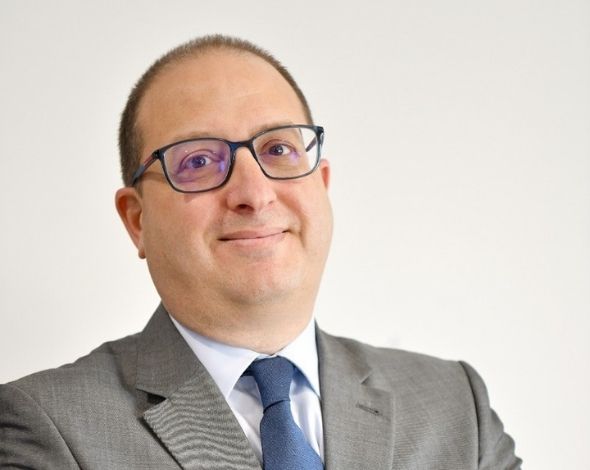Maltese businesses have been urged to keep their guard up when faced with potential cyber threats, with a myriad of sectors being targeted.
This was highlighted by Stephen Green, Threat Intelligence Lead at Thomas Murray, a global risk intelligence firm, during the Malta Chamber of SMEs’ recent webinar on cyber risks for Maltese businesses. It was held on Monday in collaboration with Diligex and powered by Thomas Murray.
The webinar focused on the advanced persistent threats (APTs) that may target Maltese businesses, while also providing guidance on how firms can shore up their defences against evolving cyber threats.
In his discussion, Mr Green defined APTs as sophisticated and sustained cyberattacks that aim to infiltrate a target’s network while remaining undetected in the process. He said that their primary goals are espionage, to sabotage an entity’s critical infrastructure or services, as well as data manipulation.

He remarked that Malta may be seen as a target by these APTs due to it possibly being perceived as weak, having a strategic location that offers a potential gateway to other EU nations, as well as increased interconnectivity that allows for potential knock-on effects across the supply chain. Mr Green also pointed towards Malta’s growing economy, particularly the financial services sector.
“APTs can have severe consequences on the physical side, but what happens when they start taking sensitive data and financial information? This can have a detrimental effect on investor confidence and credit ratings,” Mr Green said.
He highlighted some notable and already identified cyber threats, including Lazarus Group, APT42, Water Hydra, and Evilnum. These four groups have various means of accessing information and have different objectives, ranging from surveillance, all the way to financial gain.
Mr Green said that as seen in recent years, APTs have shifted from solely focusing on Governments and large businesses, as some smaller businesses may serve them with necessary materials and resources.
He added that while this is not always the case, many APTs perceive smaller businesses as having weaker infrastructures, thus making them easy targets.
In order to avoid falling for such cyber threats, Mr Green advised businesses to be wary when they receive a new or suspicious message, both from unknown and new entities, as well as those they know.
APTs may utilise factors such as emotional manipulation, using urgency, threats, and possibly guilt to their advantage in order to obtain the necessary information. Mr Green added that some may send links so that victims can submit non-requested documents. Others may make an offer “that is simply too good to be true.”
Another very common means through which APTs seek to gain access to information is through fake social media profiles, especially on Facebook and LinkedIn.
Mr Green said that businesses have to keep an eye out on the number of followers and interactions that the profile has. For example, it is pretty suspicious when a profile claiming to be of a senior executive of a global firm is in the single digits for followers and has barely any interactions.
He also noted that businesses should start making use of password managers, tools that help internet users create, save, manage, and use passwords across different devices.
“Browsers can be vulnerable to various exploits and attacks, storing passwords locally and often without the same level of encryption as password managers,” Mr Green remarked. He also advised against storing passwords in easily accessible documents such as Microsoft Excel or Word, and Notepad.
Mr Green stated that ultimately, while APTs are a threat to the financial sector, there are also “many other sectors” that may be susceptible to such attacks.
Kerstin Ancilleri joins ECONOMIQ Group as Managing Partner
She is 'passionate about people and the great things they can achieve with the right leadership and support.'
Using AI for your company? You may not own what it creates
Maltese businesses increasingly relying on AI tools for branding, but do they own it?
Simon Montanaro appointed chairman of Harvest Technology
Simon Montanaro was Melita's Chief Technology Officer between 2009 and 2023.
‘A nation shaped by foresight’: ROCS director reflects on 28-year bond with Dubai
Rachel Vella says strong foundations don’t weaken under pressure, but recalibrate, adapt and rise stronger.









